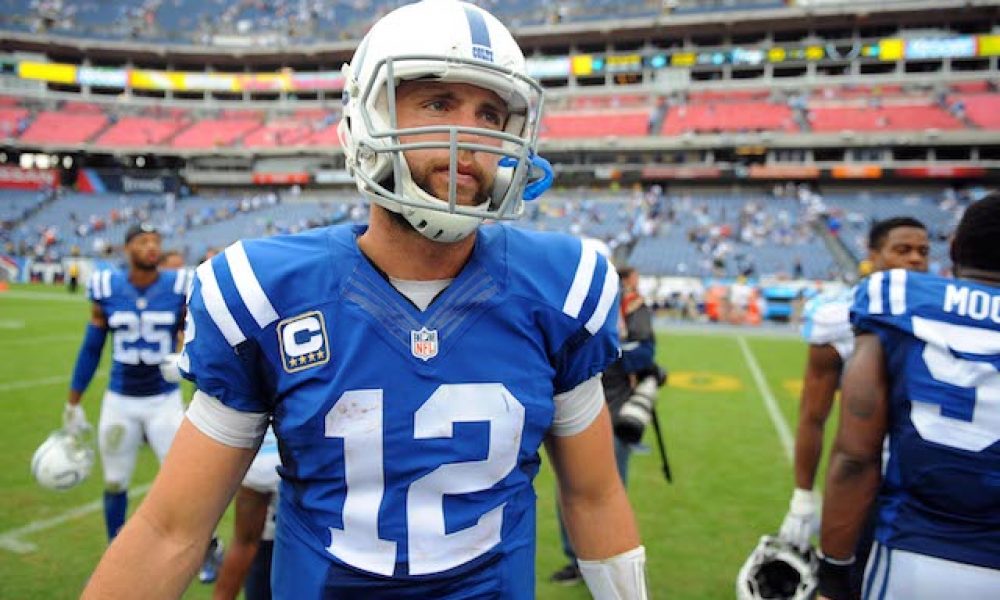
Indianapolis Colts have to consider all options at quarterback for 2020
The Indianapolis Colts have to face reality. Andrew Luck isn’t walking through that door, and Jacoby Brissett likely isn’t good enough to drive them deep into January.
Last year, the Colts began the season 5-2 including wins over the Houston Texans and Kansas City Chiefs. Then Brissett, T.Y. Hilton and others got hurt, and they finished 7-9. With three top-50 picks in the upcoming NFL Draft and more than $80 million in projected cap space, general manager Chris Ballard can do what he wants.
Want $250 to bet on NFL futures?
Sign up now!
The first option at quarterback? Staying put. Brissett was decent enough over the first half of the season before getting hurt. Afterwards, he wasn’t able to guide Indianapolis past Houston or the Tennessee Titans in the AFC South. Looking at Brissett’s overall numbers (2,942 yards, 18 touchdowns and six interceptions), it’s hard not to see a game-manager.
The second option? A veteran replacement. The Colts have been heavily linked to Philip Rivers, who after 16 years with the San Diego/Los Angeles Chargers has been cut loose. Rivers struggled mightily in 2019 as the Chargers won only five games, but he’s familiar with the Colts on many levels. Indianapolis head coach Frank Reich was once Rivers’ quarterbacks coach and offensive coordinator with the Chargers. Nick Sirianni, who currently serves as the offensive coordinator for the Colts, also worked with Rivers in San Diego.
Then there’s Tom Brady. Brady, 42, is likely only in it for a year or two before retirement. However, landing him could mean a Super Bowl run behind a great offensive line.
Finally, the third option, a rookie.
Read: Falcons Should Strongly Consider Moving Back in NFL Draft
Picking at Nos. 13, 34 and 44, the Indianapolis Colts have a litany of choices. They can move up the board in hopes of snagging Tua Tagovailoa or Justin Herbert. They can hang tight and hope Jordan Love of Utah State falls to them in the mid-first round. Indianapolis can also wait until the second round and perhaps take Jacob Eason of Washington, Georgia’s Jake Fromm or even Jalen Hurts from Oklahoma.
Ultimately, Ballard has to balance short-term gain against the long-term plan. Signing a veteran only delays what will eventually become the turning over of the team to a youngster. However, taking a rookie likely means waiting a few years before becoming a legitimate contender.
It’s a tough decision for Ballard, but armed with cap space and draft picks galore, he can take whichever road he pleases.


